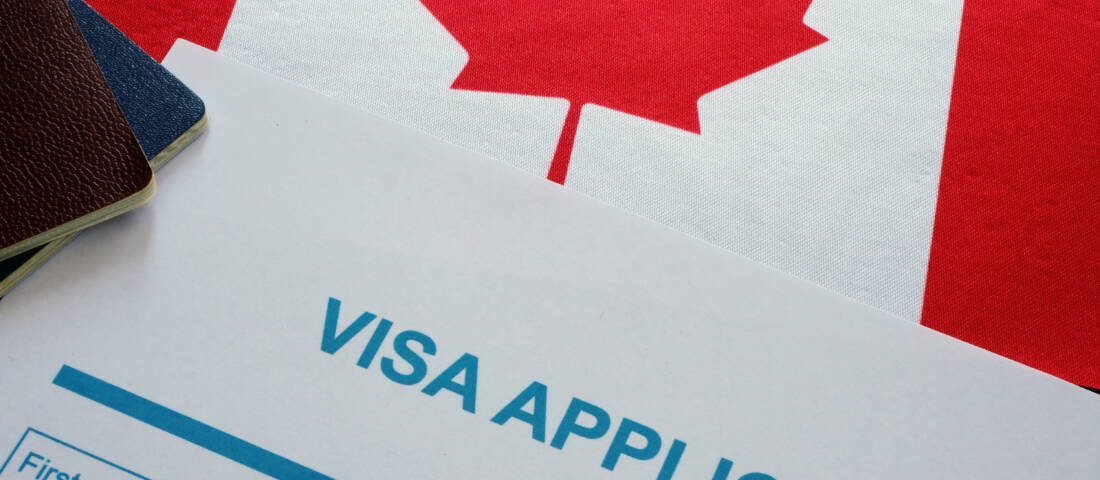Work Permits Pursuant to the Canada-Chile Free Trade Agreement for Chilean Citizens
Modeled upon the North American Free Trade Agreement (NAFTA), the Canada Chile Free Trade Agreement (CCFTA) allows citizens of Chile to gain temporary entry into Canada in order to work. Contact us today at (403) 452-9515 Ext. 100 or 1-800-932-1190 or email us directly.
It references identical categories or groups as NAFTA and divides travelers into:
- Business Visitors
- Professionals
- Intra-company Transferees
- Traders & Investors
Where it differs is that visa requirements can be imposed on different individuals within the categories, and several of the business activities in NAFTA are not part of the CCFTA.
The Professionals category is also a bit different from NAFTA under the CCFTA. According to IRCC, for some of the professions, Chilean minimum education requirements and alternative credentials such as the Chilean University Title, were added as alternatives to the requirements which are set out in NAFTA, in order to reflect the Chilean educational system.
This is something that demonstrates a bit more complexity and is a legal matter best handled by professionals. Before you begin planning a visit to Canada under the terms of the CCFTA, it is best to discuss it with an expert to ensure your application is accepted and the process streamlined.
Are Work Permits Needed?
Because the CCFTA is so closely paralleled to NAFTA, the same liberal policies are in place where permits are concerned. For example, qualified Business Visitors may be free of the need for Work Permits. Additionally, the intra-company transferees and the traders & investors guidelines for the CCFTA are essentially identical to NAFTA meaning that the need for ESDC confirmation may be waived.
Essentially, the benefit of entering through CCFTA is that your employer will not need to obtain a Labour Market Impact Assessment (LMIA). This eliminates the need for them to have the job offered to you approved by ESDC.
This tells us that it may be more complex than just making certain your industry and position qualifies you for access via the agreement. Naturally, the same rigid standards apply where qualifications for specific professional categories are concerned and that is the best place to begin determining just what is needed. The IRCC has a list of jobs that do not need a work permit available online and you can visit the IRCC page for Work permits and visas in Chile to learn learn more.
At the most basic level, you must determine how your employer can submit an offer of employment to the IRCC if you are not in need of an LMIA, and then you will have to apply for a Work Permit if your category requires it. You should apply as soon as you get written proof that you have a job offer.
There are different requirements for obtaining a permit if needed, and though you may qualify under the trade agreement, it is important to be certain of the status in your specific job category.
If you are considering a temporary visit and will be doing so under the CCFTA, speak with a legal expert well ahead of time to clarify your situation and get all of your documentation in order.
Contact us today at (403) 452-9515 Ext. 100 or 1-800-932-1190 or email us directly.






